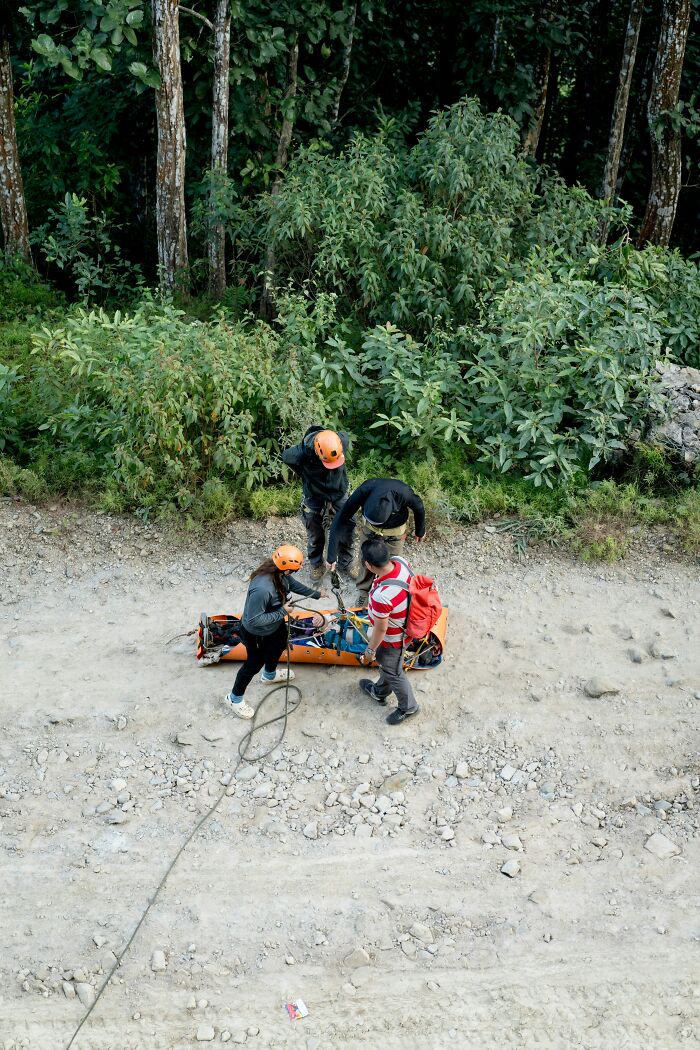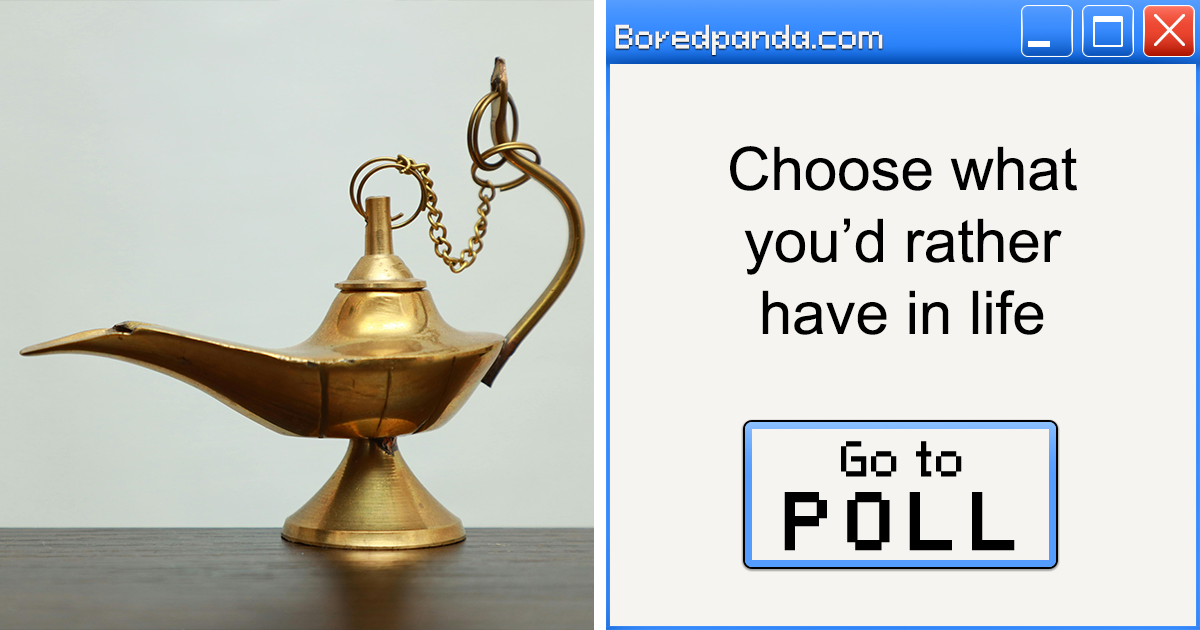Deadly Oversights: 48 Critical Errors First Responders Urge EMTs and Civilians to Avoid
And if you’d like to hear even more from experienced first responders, be sure to check out the Responder Resilience podcast!
 8 years in rural rescue. Not quite the same, but comes with its own incidents:
8 years in rural rescue. Not quite the same, but comes with its own incidents:
Keep an eye on your kids when you’re out in nature, look away for a second or two and the next time you see them may be in a coffin.
Old cars are death traps. Burnouts are fun and all, but if it catches unexpectedly, you may be the crumple zone.
Motorcycles are, and always will be, dangerous. Leathers will help keep you in one piece.
Seatbelts and helmets will keep off-roading toys fun. You roll one and you aren’t in safety gear, you may die, you may spend a year in physical therapy.
Your standard vehicle will go 110 mph. If you wreck it at 110 mph, odds are you will be crippled or killed.
Every one of those was a maiming or death. Those don’t include the “wrong place, wrong time” incidents. Those get into the dozens. The most memorable to me, we were able to save, but f**k was he lucky. Old pick up truck, ran off the road, hit a tree, turned into razor sharp sheet metal. It severed the guy’s femoral artery. Entire floorboard of the cab was filled with blood. My captain shoved gauze into this guy’s leg and ball sack until he stopped spurting, we cut the door off, lifted what was left of the dash, and got the guy out. From the time we got to the scene to the time he was out was 8 minutes, from then until medical was another 4. He probably should have died before we got there, we were 20 mins out.
Lots and lots of compound fractures. Again, that’s just bad luck, most of the time.
 Emt/ski patrol. Ski conditions change with weather, that run you skied last year might be a sheet of ice and if you fall you are going all the way down. Ski run ratings differ from resort. Just because you skied “the blacks” in the east doesn’t mean you can do that in the west. Obey avalanche closures also, that untouched powder field isn’t some patrol stash it is closed for a reason and you put yourself and others at serious risk when you duck the wrong rope.
Emt/ski patrol. Ski conditions change with weather, that run you skied last year might be a sheet of ice and if you fall you are going all the way down. Ski run ratings differ from resort. Just because you skied “the blacks” in the east doesn’t mean you can do that in the west. Obey avalanche closures also, that untouched powder field isn’t some patrol stash it is closed for a reason and you put yourself and others at serious risk when you duck the wrong rope.
Not an EMT. I work in medical records in a hospital and have read many thousands of ER reports.
Do not celebrate your 50th birthday by getting drunk and then lean over to pet a stranger’s dog as you are exiting the bar.
Do not put Gatorade bottles into your r****m.
Do not swallow two live snakes in an attempt to impress your date.
Do not get drunk and then ride in the open back of a pickup truck.
Be extra careful in the bathroom. Bathrooms are dangerous places. They can be slippery, and if you fall, anything you land on is going to be very hard.
 Drifting onto the soft shoulder of the road and overcorrecting.
Drifting onto the soft shoulder of the road and overcorrecting.
Because the tires don’t grip well on loose dirt, the driver turns the wheel farther than normal to get back to the pavement. When the wheels do contact the pavement, they grab and immediately turn the car toward the opposite side of the road. The car usually spins as it does so. If they’re lucky, they just go off the side and stop. Sometimes there’s a cliff or an oncoming vehicle.
The thing to do is, once the car is correcting course, turn the wheel back toward straight *before* getting back on the pavement. Be prepared to correct the steering very quickly in either direction when returning to pavement.
 If someone is having a seizure, do NOT put anything in their mouth. Ever. There is no such thing as “swallowing your tongue.” Also, do not hold them down to try to stop their limbs from moving. Move dangerous objects away from them and roll them on their side when the seizure is over.
If someone is having a seizure, do NOT put anything in their mouth. Ever. There is no such thing as “swallowing your tongue.” Also, do not hold them down to try to stop their limbs from moving. Move dangerous objects away from them and roll them on their side when the seizure is over.
If you need to call an ambulance/go to the ER/go to urgent care, bring a list of your (or the patient’s) medications. I don’t care if “they should have them in the computer.”
If you take medications for something, it’s something you should report when asked if you have any medical problems (aka medical history). I can’t tell you how many times I’ve asked someone that questions and they’ve said they have no medical problems, only to find out they take 10 medications every day. If you take medications for high blood pressure (hypertension), that is a condition that you have, regardless of how well your blood pressure is currently controlled. Conversely, just because you *don’t* take medications for a condition doesn’t mean you shouldn’t still report that condition. Yes, it can make a difference. Sometimes a very life-altering difference.
Allergies ≠ medication preference
Allergies ≠ experiencing a medication side effect
Most penicillin (or penicillin class antibiotic) allergies are not actually true allergies. If you think you’re penicillin allergic because your mom or dad told you that long ago you got a rash, it might be a good idea to checked to see if you really are allergic. A penicillin allergy means that you can’t/won’t be given not just penicillin, but many other related antibiotics. For certain infections, this can seriously limit the number of effective antibiotics that can be given to you.


























